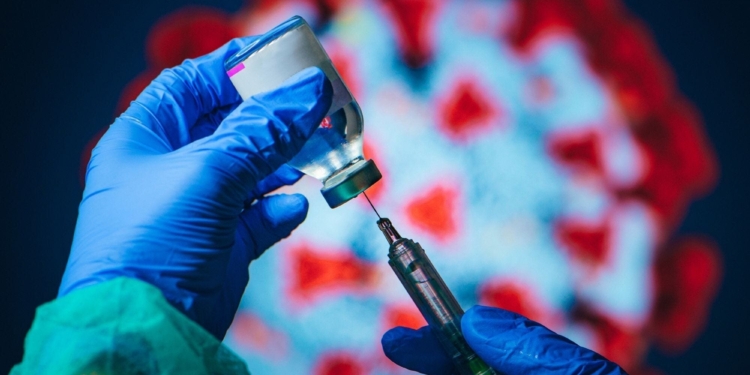Contents
Germany’s drug maker BioNTech and U.S. company Pfizer have announced a joint vaccine that they say could be 90% effective in preventing COVID-19, according to phase 3 vaccine trials. COVID-19 has been a tragedy for the whole world, and any efforts and successes in developing a vaccine that could be effective are welcome. Vaccines are a lengthy affair, and it usually takes almost a decade or even two to develop a vaccine and get it approved for human use. Trials have, however, been accelerated for coronavirus vaccines due to the urgency of the situation.
Randomized Controlled Trials for COVID-19
Trials are conducted in a randomized and controlled way to ensure that they are effectively studied and that their effects on the subjects are documented with efficacy. Vaccines also need to be fervently analyzed to ensure that they are metabolized effectively and have no negative side effects.
Approval for Only those Vaccines with Minimal Side Effects
A vaccine with extensive adverse effects cannot be approved as it would be more disadvantageous than advantageous. A vaccine should have little to no side effects and should be seen to effectively minimize the effect of viral infection and the resultant disease. Such intricacies have meant that the world has had to hold its breath in anticipation of an effective COVID-19 vaccine.
Possible Double Doses Needed for COVID-19
Depending on how well the vaccines that get to human trials work, the dosages needed could double, or there could be the need for people to be immunized with several doses over a stipulated amount of time. As such, even when a vaccine becomes available, the logistics and mechanics of getting it to all people could pose a considerable challenge.
There is also the issue of pricing and whether all nations of the world, including developing ones, could afford to vaccinate all their citizens. Such complications could mean that the vaccine would first need to be given to first-line workers and staff and those at increased risk of contracting coronavirus. Such an approach is what is slated to happen in the United Kingdom, where frontline staff could be given priority when it comes to vaccination.
A COVID-19 Vaccine Could Arrive as Soon as Mid-2021
A vaccine could be in the offing, and it is anticipated that by mid-2021, one will be available for COVID-19. There has also been a global effort to ensure that it gets to all nations when it is available. The initiative has been termed the COVID-19 Vaccine Allocation Plan or Covax. The initiative has seen more than 156 countries join the effort to ensure that when a vaccine is available, developing or emerging nations are not left behind and that the vaccine is made available globally.
COVID-19 A Major Blow to All Spheres of Life Globally
COVID-19 has dealt a major blow to all spheres of life, and the hope is that when a vaccine is available for all, economies can start rebuilding. It will take some time for life to go back to normal, and there are even concerns that we may never go back to how things were.
The ‘new normal’ could see the world have to live with the virus and the various prevention and containment measures, including lockdowns, social distancing, and also the wearing of face masks. We urge everyone to wear their face mask, wash their hands regularly, sanitize, and keep a social distance of two meters.









